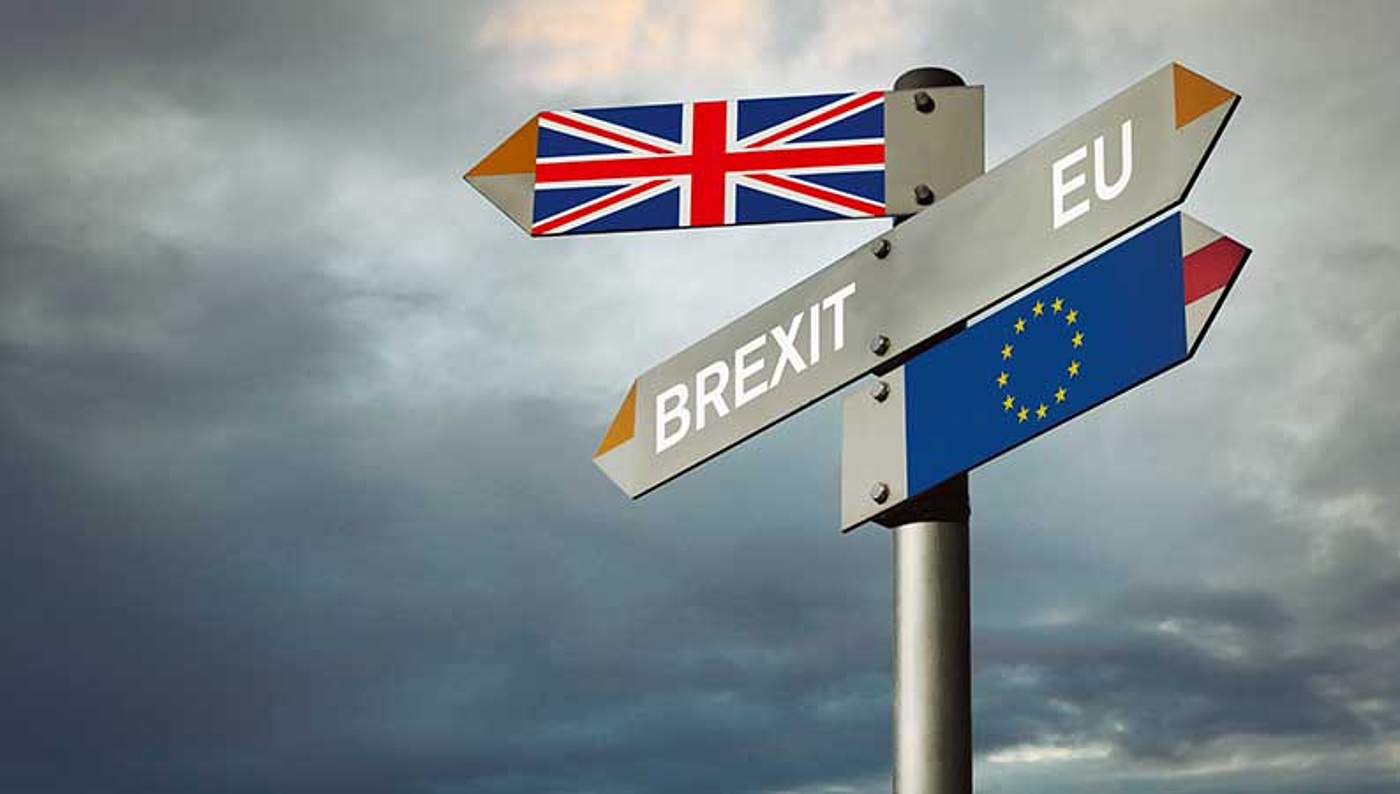
Brexit: European trademarks to be treated as if registered in the UK
Dennemeyer is committed to protecting its clients’ IP rights even under difficult political circumstances. Until recently, there was much uncertainty about the fate of Union trademarks after Brexit, but regulations are beginning to take shape and the future seems brighter. The UK Intellectual Property Office plans to create a UK registration of EU trademarks on Brexit day.
In a rare sign of positive developments during the trials and tribulations of the United Kingdom’s withdrawal from the European Union, a new plan has been underpinned by legislation to give the owners of EU trademarks some certainty about the future protection of their rights in the UK.
Both Houses of Parliament approved the UK statutory instrument 2019 No. 269, coming into force on Brexit day (Friday, March 29). Formally, this is an amendment to the 1994 Act on Trademarks. According to the new law, European trademarks will be treated as if an application had previously been made and the trademark was already registered as a UK trademark for the same goods and services.
The filing date of those trademarks will be the same as the filing date of the European trademarks they are based on. Seniority claims relating to UK rights will be preserved in the new UK trademark and the new trademarks will keep their EU registration number (its last eight digits), prefixed with UK009.
In the underlying legislation, the newly created trademarks are called “comparable trademarks (EU).” Marks that are pending on the day of Brexit will have to be refiled as national trademarks in order to be protected in the UK. However, the filing date will be that of the earlier EUTM application, and the applicant will have a period of nine months after Brexit to decide whether to pursue protection of the trademark in the UK as well.
Similar provisions will apply for both Registered and Unregistered Community Designs. There are still many unclear points, including what happens with ongoing oppositions against EUTM registrations and if the earlier trademark is a UK trademark. Will the debate become unfounded on Brexit day? What happens in oppositions against UK registrations if the previous trademark is an EU trademark? Will the comparable trademark be automatically substituted as a new basis for the opposition? The answers remain to be seen.
The most crucial question involving the continuity of protection in the case of a no-deal Brexit seems to have been resolved for now. EUTM owners can wait for the outcome of the current developments, knowing that at least the protection of their trademarks will not be affected one way or the other.
Filed in

Learn why brand name and trademark law matter for your business, from marketing efforts to bottom lines.



